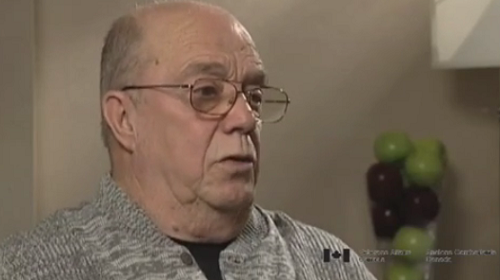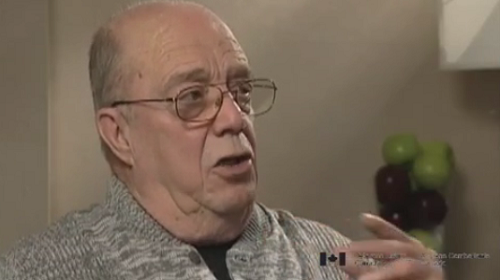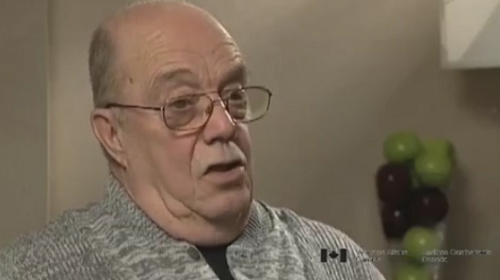We spent a lot of time away from the family
and when you got young children you
miss them, and the communications
then was not like it is now.
I mean people now when they're in
Afghanistan or Bosnia or wherever they are,
are almost daily communicating back home
with the family because of the communications
that's available now, but that wasn't available
back then, so we relied still on the old
snail mail, on letters going back and forth.
We had an aircraft coming in every week so
it was fairly fast delivery back again, you know.
But I don't really see any bad aspects
about being there or, it was just a good
interesting year that provided a lot of
insight into other people's way of life.
It was a, it was good, I would do it all
over again, in fact I would do the
whole 30 years over again but
that's beside the point.
It's hard because as I said,
we intermingled so much there we became
part of the culture that was going on.
Yeah look, different methods of transportation,
different way of living, different foods that
they eat compared to us but the way of life,
they were, many Christian beliefs the
same as we had, many tribal beliefs that
you had to mix in with it and there was a,
I guess would be the biggest thing I
encountered was the difference in tribal
beliefs and how one did not mix with the other.
You would see the people getting promoted
in the Tanzanian's Peoples Defence Force
that came from a certain tribe more so
than the people that deserve the promotion
because they came from another element
of life there so that was one big difference
that I seen, what didn't seem to be a
totally fair society that all are equal.
It's where you came from had more bearing
on what happened to you than who you were.
And I'd say that's about the biggest
thing I seen different.
The way of life we just got accustomed to.
I mean you go out on an evening down
to what they call the Sinbad, it was a bar
between the airport and where we lived and
it was open air bar, just thatched roofs over
tables and stuff but there was a band playing
every night and a lot of modern music.
They learned the modern music but all
sang in Swahili or some native tongue and
you'd sit and have a few ales and enjoy
the evening and then go back to your
quarters and get up the next morning
and go back to work, you know.
It wasn't really a hardship other than being
away from the family, you know that
was the biggest, biggest part.









